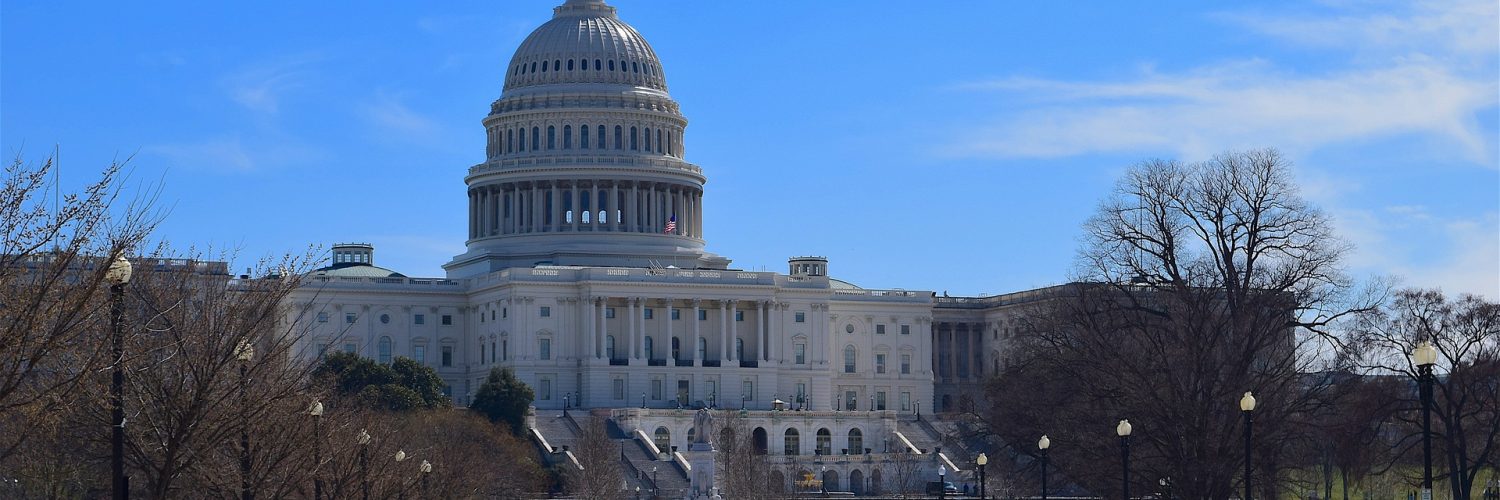Speaker of the House Mike Johnson (R-LA) last night was able to muster the votes to pass a budget resolution in his chamber that will begin the reconciliation process between the House and Senate in an attempt to forge a compromise bill that could lead to the passage of much of the White House’s domestic fiscal agenda.
Advocates are hoping the process yields an extension of the expiring provisions of the 2017 Tax Cuts and Jobs Act, but paying for it could lead to deep cuts in other government programs, which could have downstream effects on state budgets.
A final bill has to be narrowly crafted in order to proceed under the Senate’s reconciliation rules, which allow for a bill to pass with a simple majority and avoid a filibuster, which takes 60 votes to overcome.
How they voted
- Yassamin Ansari (D) — Nay
- Andy Biggs (R) — Yea
- Juan Ciscomani (R) — Yea
- Eli Crane (R) — Yea
- Paul Gosar (R) — Yea
- Raul Grijalva (D) — Not Voting
- Abraham Hamadeh (R) — Yea
- David Schweikert (R) — Yea
- Greg Stanton (D) — Nay
Ciscomani votes yes
Despite announcing his reservations over a budget resolution that could slash funding for several programs, including Medicaid, Republican Southern Ariz. Rep. Juan Ciscomani voted in favor of the bill.
“Our nation recently surpassed $36 trillion in debt and our deficit spending is becoming increasingly unsustainable every day, threatening the stability of vital programs,” Ciscomani said. “As I continue to work to deliver on my promise to reduce the size of the government and restore fiscal responsibility, we must also protect, and in some cases, strengthen vital programs that my constituents and millions of Americans rely on. I voted for this budget resolution to begin this process. The real work starts now. Let’s get to it.”
What’s next
The Senate’s budget resolution passed last week, but that chamber is pursuing a two-track strategy, adopting a bill that addresses border security and energy reforms, but not the tax policies–those would come in a second bill that has yet to be assembled.
President Trump previously expressed his preference for the House bill, which attempts to achieve most of his agenda items in a single bill. He softened his stance slightly last week, though, leaving himself open to supporting the Senate strategy.
“I’m hopeful that we can move a reconciliation package on legislation that addresses the border. And how that happens is still up for discussion, negotiation,” Senate Majority Leader John Thune (R-SD) said.
Johnson, facing holdouts who were poised to sink the bill, at first scuttled Tuesday’s vote before deciding to move forward with the measure after some last-minute arm twisting, was buoyed by the outcome.
“Today, House Republicans moved Congress closer to delivering on President Trump’s full America First agenda—not just parts of it. This momentum will grow as we work with our committee chairs and Senate Republicans to determine the best policies within their respective jurisdictions to meet budgetary targets,” he and House Majority Leader Steve Scalise (R-LA), Majority Whip Tom Emmer (R-MN), and Conference Chairwoman Lisa McClain (R-MI) said in a statement. “While there is still much more to do, we are determined to send a bill to President Trump’s desk that secures our border, keeps taxes low for families and job creators, restores American energy dominance, strengthens America’s standing on the world stage, and makes government work more effectively for all Americans.”
Johnson says he is eyeing a vote on a final package by early April.
The business community view
“Manufacturers urge Congress to move with a sense of urgency. Every day we wait means jobs and opportunity lost. As part of the comprehensive, commonsense manufacturing strategy that America needs, protecting tax reform will strengthen our industry and our communities. It’s time to continue this momentum and act now to Make America Great for Manufacturing Again. When manufacturing wins, America wins,” wrote the National Association of Manufacturers.
















Add comment